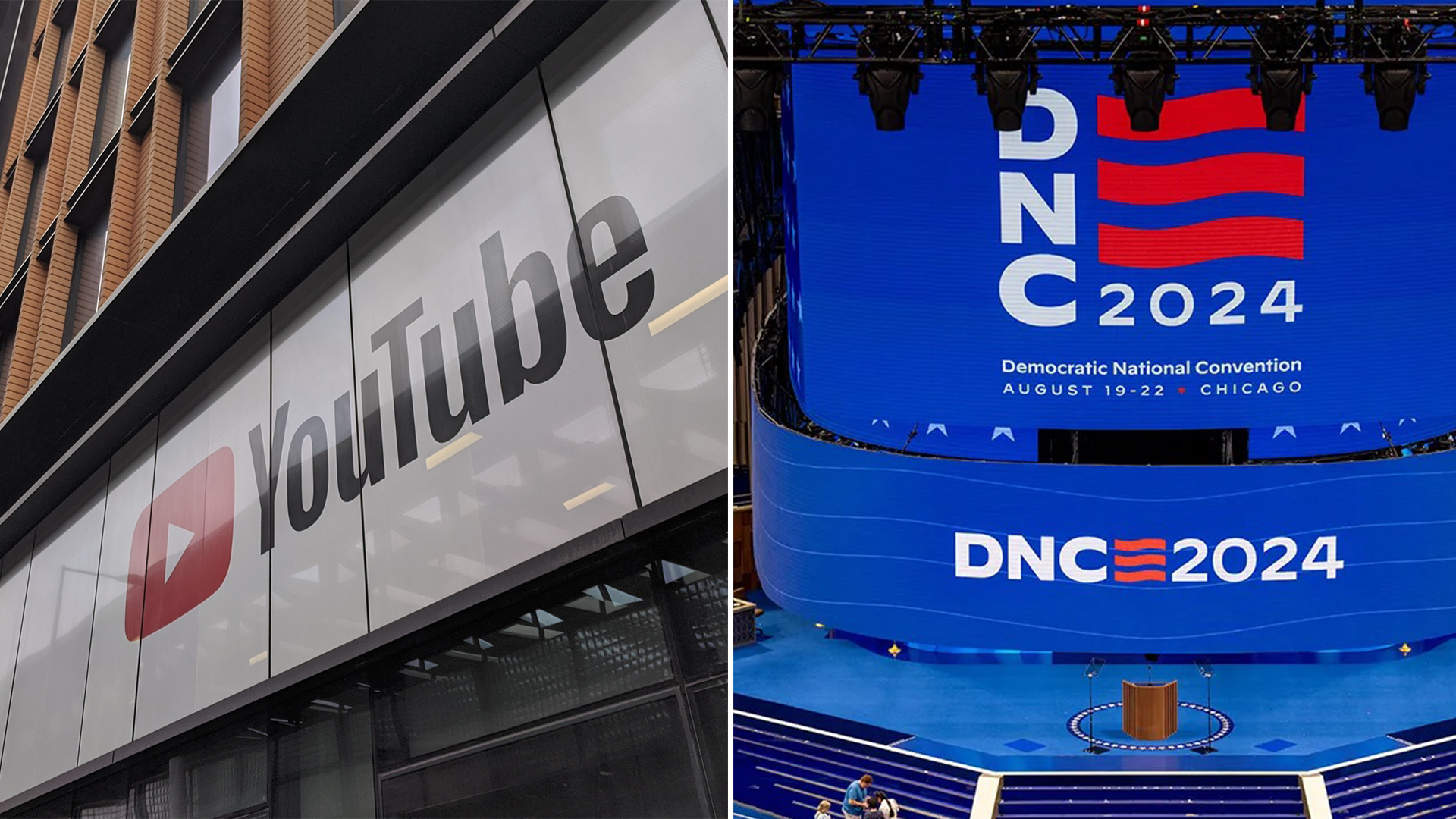The Democratic National Committee (DNC) plays a crucial role in shaping the political landscape in the United States, particularly during election cycles. As the primary organization for the Democratic Party, the DNC is responsible for promoting party unity, raising funds, and developing strategies to secure victories in federal, state, and local elections. Recently, however, the DNC faced scrutiny after a significant financial misstep linked to a series of advertising campaigns, which ultimately resulted in a staggering $150 million loss for the popular video platform, YouTube.
This loss raises important questions about the efficacy of political advertising in the modern media landscape, especially as platforms like YouTube become increasingly pivotal in reaching voters. The DNC’s approach to digital advertising, particularly through campaign ads, reflects broader trends in political communication and highlights the challenges that come with engaging a diverse and polarized electorate.
The DNC’s campaign ads have traditionally aimed to mobilize support, educate voters on policy issues, and counter opposition narratives. However, the recent campaigns have sparked controversy, particularly concerning their content and messaging. Critics have argued that some of the ads failed to resonate with key demographics, leading to a backlash that not only affected public perception but also had significant financial implications for associated platforms like YouTube.
The fallout from these ads illustrates the risks associated with digital marketing in a fast-paced and ever-evolving political environment. In an era where social media and online platforms dominate communication, the effectiveness of traditional ad strategies must be continuously reassessed. The DNC’s reliance on these ads reveals a disconnect between the intended messages and the actual impact on voters. Many observers noted that the campaign ads did not align with the concerns and priorities of the electorate, leading to ineffective outreach and engagement.
Furthermore, the DNC’s experience highlights the complexities of advertising in a digital space that is not only crowded but also increasingly scrutinized. Viewers are more discerning and less receptive to messages that appear disingenuous or out of touch. The reaction to the ‘DNC Campaign’ ads may reflect a broader fatigue with political messaging that lacks authenticity or relevance, prompting the need for more nuanced and targeted approaches in future campaigns.
In addition to the financial ramifications for YouTube, the loss also raises questions about the overall strategy employed by the DNC. Political campaigns require significant investment, not just in terms of finances but also in understanding the electorate. This recent setback serves as a reminder that even with substantial resources, success in political advertising is not guaranteed. The DNC must analyze the missteps from these campaigns to recalibrate their strategies moving forward.
The aftermath of this financial loss calls for a reassessment of how political parties engage with digital platforms. The DNC must consider how to leverage data analytics to better understand voter preferences and tailor their messages accordingly. Successful campaigns in the digital age require a fine balance between reaching wide audiences and delivering messages that resonate on a personal level.
Moreover, the DNC could benefit from exploring diverse strategies that incorporate grassroots movements and local engagement. Authentic connection with voters often occurs outside the confines of traditional advertising. By investing in community outreach, town halls, and localized campaigns, the DNC can create a more meaningful dialogue with constituents, ultimately leading to a more favorable reception of their overall messaging.
The political landscape is shifting, and the DNC must adapt to these changes to remain competitive. The loss of $150 million linked to their recent campaign ads on YouTube is a clear indicator that there is a pressing need for innovation and strategic thinking. Moving forward, the DNC must harness the power of digital media while prioritizing authenticity, relevance, and a deep understanding of voter concerns.
As political advertising continues to evolve, the lessons learned from this experience will be invaluable for the DNC and other political organizations navigating the complexities of modern electoral politics. Ultimately, successful political communication is about more than just reaching an audience; it requires building trust, fostering engagement, and genuinely addressing the issues that matter most to voters. Only then can the DNC hope to regain footing and avoid further financial pitfalls in their campaign efforts.
